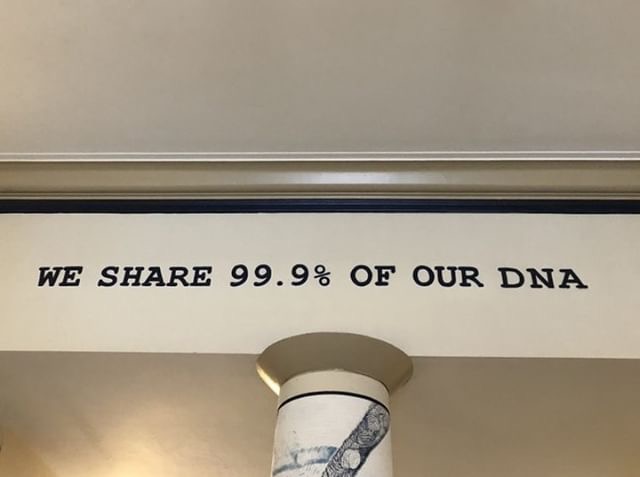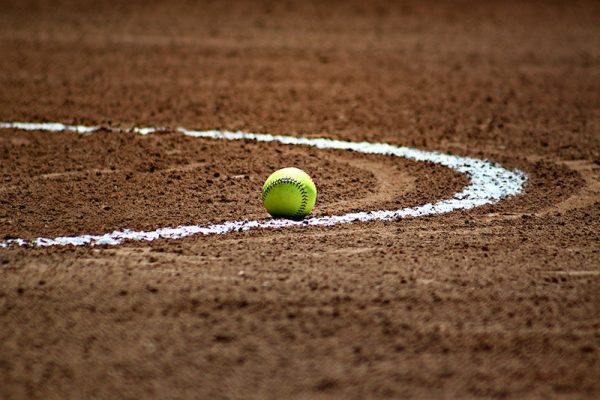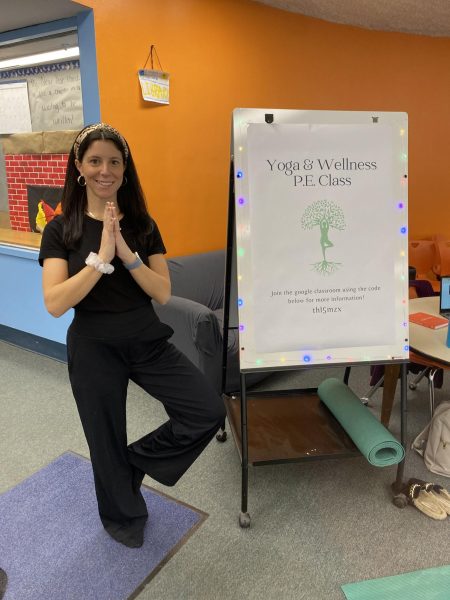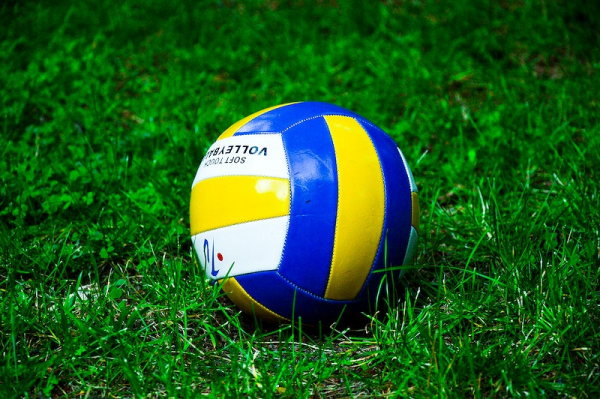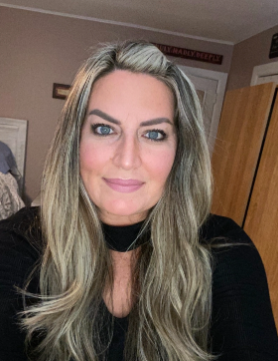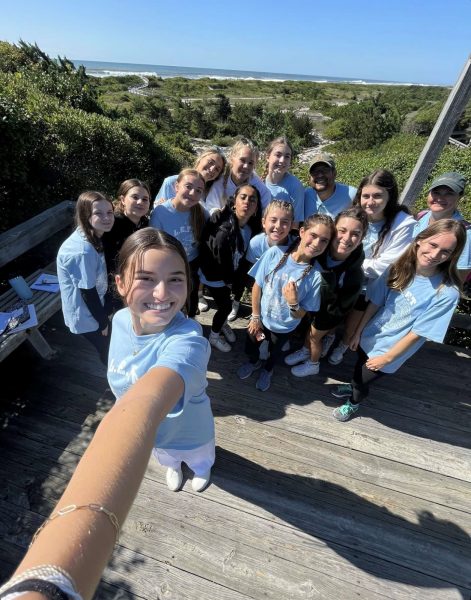AP Bio Takes on Cold Spring Harbor
AP Biology students got to explore the many parts of Cold Spring Harbor.
January 22, 2019
On January 10th, students from AP Biology took a trip to Cold Spring Harbor Laboratory at the Dolan DNA Learning Center. After arriving at Cold Spring Harbor early in the morning, the students were divided into two groups and taken to separate rooms where they were given a brief review of DNA. The students actively engaged with the teacher assigned to their respective groups, and an insightful dialogue was initiated. Although students had previously learned about DNA replication, this lesson provided them with a thorough review of key concepts that are incredibly important to both their understanding of biology as a whole, but also for their midterm and AP exam in May.
The students took part in a gel-electrophoresis lab after this review session was completed. Simply put, gel electrophoresis is a technique used to separate macromolecules (DNA, RNA, and proteins) by molecular size. Electricity is used to separate the molecules by charge as well. After creating a gel using agarose, which is a polysaccharide derived from seaweed, lambda DNA extracted from a bacteriophage known as lambda, which infects the bacterial species of E. coli, was pushed through the gel, as an electric field separated the molecules.(https://www.nature.com/scitable/definition/gel-electrophoresis-286)
Angelina Turla who is a junior described the trip saying
“I though the trip was a great experience for those who want to pursue a career in science. It is also a good opportunity to get a better understanding of how gel electrophoresis actually works with a hands-on activity.”
[gallery ids="5082,5084"]— Angelina Turla
As AP Biology students go through the school year, learning topics such as ecology and as of the time of this trip, microbiology, having such a hands on learning experience allows for better understanding of the material and real life implications of lessons we learn in the classroom. Although learning in a classroom may give one a reasonable understanding of important concepts, actually taking part and witnessing these processes first hand allow for a long-term understanding of the material.

